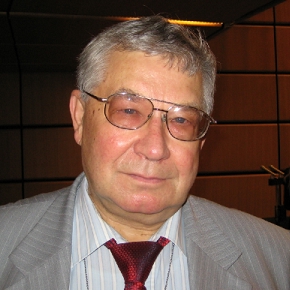 |
||
|
Russian Scientists Take Water Samples from Near Fukushima Nuclear Plant RIA Novosti, PUBLISHED 05.10.2014 Russian scientists from the research vessel Professor Khlyustin, studying the consequences of the Fukushima disaster, have taken samples of water not far from the territorial waters of Japan, the Khlopin Radium Institute, a subsidiary of the Russian state corporation Rosatom said in a message released on Friday. "Five samples have been taken from the waters to the east of the wrecked nuclear power plant, for measuring the volumetric activity of caesium, strontium and tritium radioisotopes," the message read, adding that a sample for testing plutonium levels has also been taken. The expedition is being conducted under the auspices of the Russian Geographical Society. Specialists from the Russian Defense Ministry, Russian Federal Service for Hydrometeorology and Environmental Monitoring (Rosgidromet), Russian consumer rights watchdog Rospotrebnadzor and Georgy Nevelsky Maritime State University are among the participants. Topics: NPP Fukushima Daiichi, Russia Other news: Rosenergoatom: Ukraine Fully and Timely Delivers Equipment for Russian Nuclear Plants For us, products made by Ukrainian manufacturers are very important. Finnish Government Approves Rosatom Nuclear Reactor Project Ten ministers voted in favor of granting the application, while seven ministers voted against. Prime Minister: Finland to Continue Nuclear Cooperation With Russia Despite Sanctions If we look at Rosatom's activities, there have been no problems whatsoever. |
Hero of the day 
The ISTC Responsible Science Program and Subprogram Culture of Nuclear Nonproliferation The dual-use nature of nuclear technology consisting in the potential for its application equally in peaceful and military sphere is the basic contradiction for the existing nuclear nonproliferation regime and comprehensive development of the nuclear power and nuclear fuel cycle. INTERVIEW
Jerry Hopwood OPINION
Joint Plan of Action |

